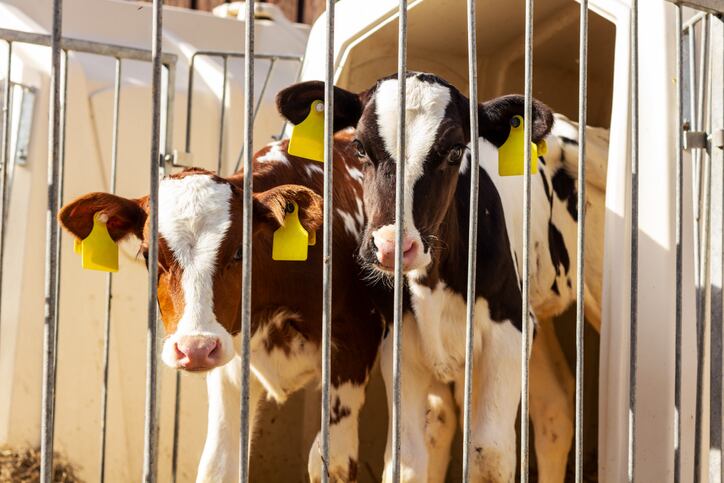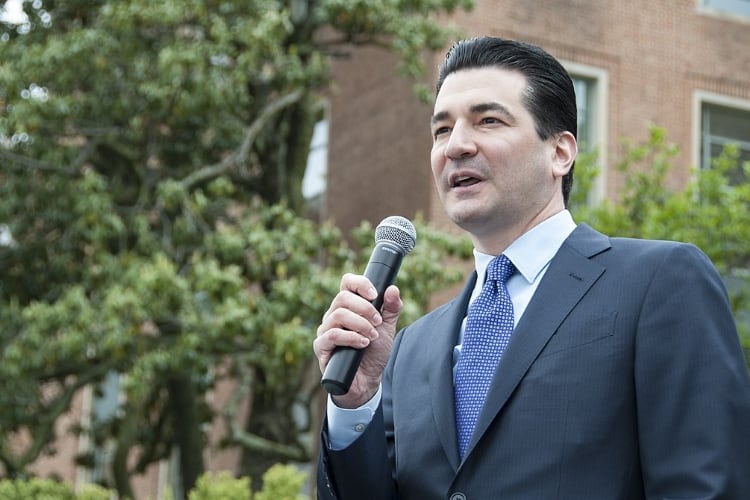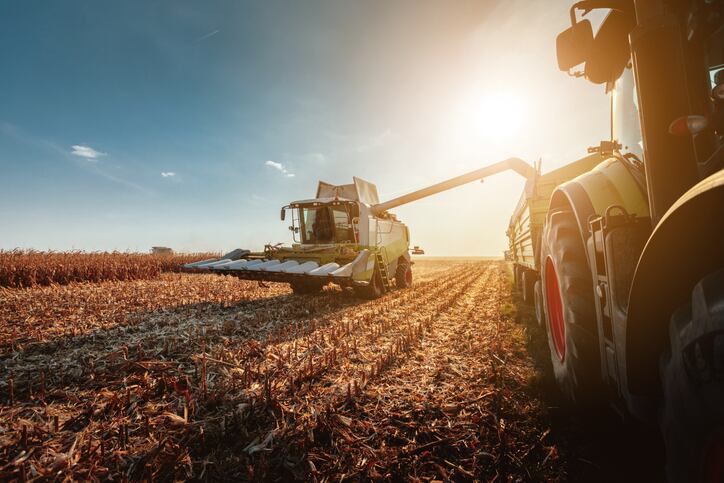The bailout is meant to offset the damage caused by tariffs exchanged between the US and China over the last year. This month Trump raised rates on $200bn worth of Chinese imports to 25% and China retaliated with its own tariffs.
The USDA said this aid package is “in response to trade damage from unjustified retaliation and trade disruption,” and will help assist farmers while the administration works to resolve tensions with China.
This comes in addition to $12bn that the USDA paid out to farmers in 2018, starting with $4.7bn toward buying surplus food. Dairy organizations criticized the first package, saying it fell ‘far short’ from the true losses dairy farmers have faced.
The 2019 aid will give $14.5bn directly to producers in all agriculture fields, including a provision that “dairy producers will receive a per hundredweight payment on production history.”
Of the remaining funds, $1.4bn will be allocated for buying surplus commodities and distributing them to food banks and schools, and $100m will help develop new export markets on behalf of producers.
The USDA said, “Payments will be made in up to three tranches, with the second and third tranches evaluated as market conditions and trade opportunities dictate.” The first payment is expected in late summer.
Perdue said, “China hasn’t played by the rules for a long time and President Trump is standing up to them, sending the clear message that the United States will no longer tolerate their unfair trade practices, which include non-tariff trade barriers and the theft of intellectual property.”
“The plan we are announcing today ensures farmers do not bear the brunt of unfair retaliatory tariffs imposed by China and other trading partners. Our team at USDA reflected on what worked well and gathered feedback on last year’s program to make this one even stronger and more effective for farmers.”
Edge Dairy Farmer Cooperative president, Brody Stapel, weighed in, saying, “the aid will provide only partial and short-term relief for farmers, many who have been barely breaking even or operating at a loss for many months now.”
“Our farmers are looking for the sort of long-term stability and success that can come when we have access to foreign markets for our dairy products. We much prefer trade over aid.”
Stapel also said the US needs to ‘move with urgency’ to finalize future agreements, hoping Trump will “expand access to global markets with no net loss to existing ones by nurturing more opportunities and not disrupting favorable ones we have worked so hard to develop.”
FarmFirst Dairy Cooperative president, John Rettler, said, "While the previous mitigation had good intentions, it fell short on providing much needed support to US dairy farmers."
"We encourage the USDA to use the resources available to them to provide meaningful support for US dairy farmers as they continue to negotiate trade agreements that we hope will ultimately provide greater trade opportunities for US dairy products.”




